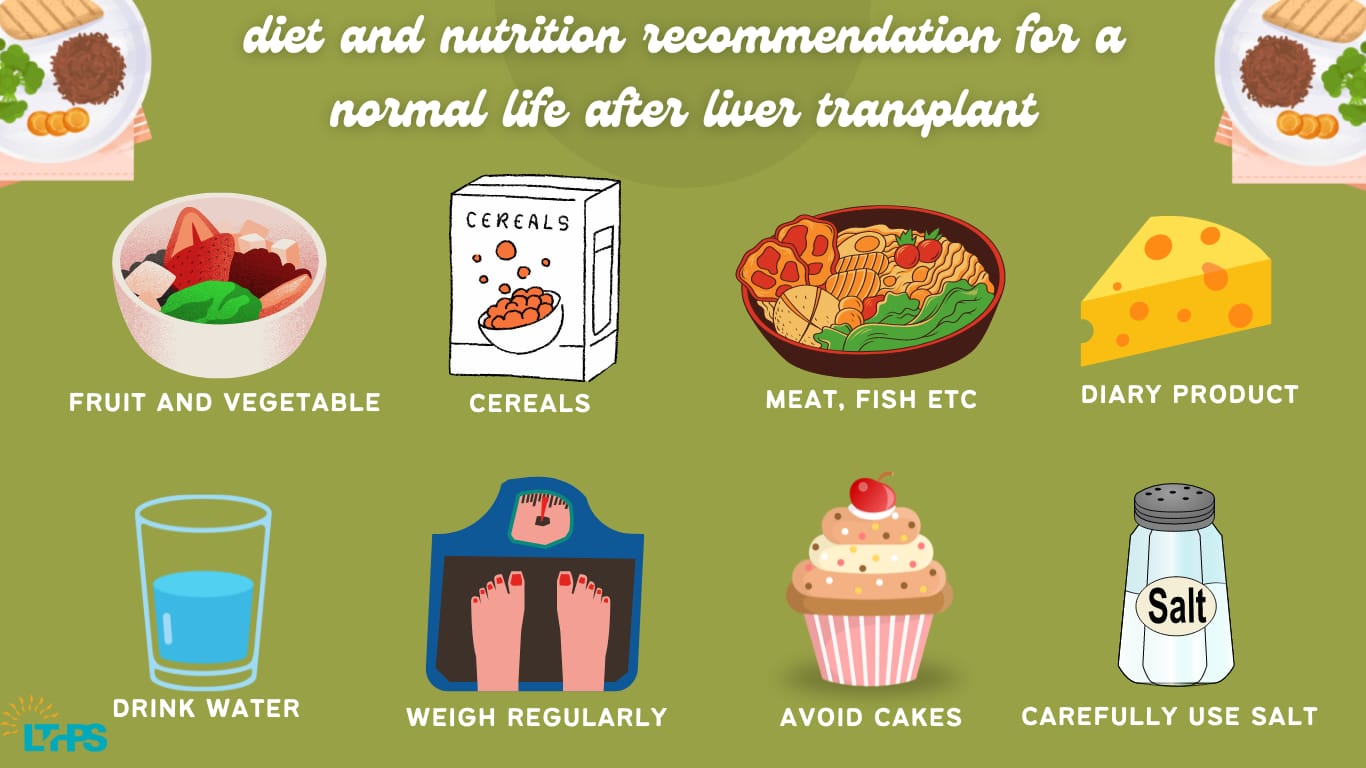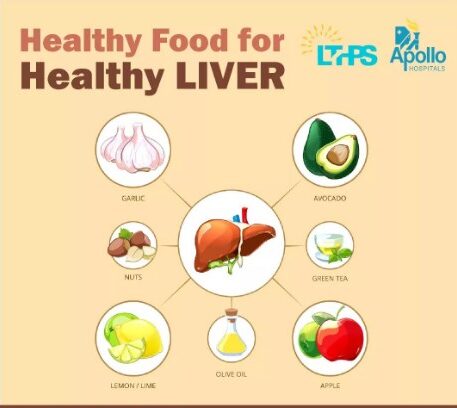Liver Transplant is a very crucial process and the success of any liver transplant mainly dependable on the experience and expertise of the team taking care of the transplant, including the surgeons, anesthesiologists, hepatologists, and nurses. Research the qualifications and experience of the medical professionals involved in the transplant program.
Know your surgeon:
Neerav Goyal – Head – DNB (Surgery) DNB (G.I. Surgery), MNAMS
He is holding specialization in Liver Transplants and Gastrointestinal Surgery and he is an experienced surgeon with various awards in liver transplant surgery. He has only one aim that he always delivers the best outcome to the patients with best consultancy options. He carries an experience of performing more than 2500+ liver transplants successfully.
What is the importance of liver?
The liver has captured its position under the body’s most vital organs, essential for sustaining life. Its multifaceted role encompasses crucial functions such as metabolizing substances, eliminating waste products, and synthesizing enzymes and proteins.
Who shall be considered themselves for liver transplant?
Only individuals whose liver disease has gotten so bad that their overall health is in danger should be considered for a liver transplant. These individuals typically have either developed liver cancer along with other conditions or have exhausted all available therapeutic options. The waiting period for cadaveric transplants can vary greatly, and some patients may pass away in the meantime before receiving a donor’s liver. Moreover, because living donor liver transplantation is a planned procedure, it can be performed only when a person truly requires it and when everyone on the team is accessible.
What we manage?
At our centre, we provide comprehensive treatment, care, and amenities for the liver and biliary system.
Liver failure: When the liver begins to fail, either from acute liver failure or cirrhosis, the illness is known as liver failure. Liver function is a rare condition that has to be treated right away.
Hepatitis: Hepatitis is an infection that results in liver inflammation. It may manifest in several forms, such as
autoimmune illness, alcohol- or non-alcoholic-induced fatty liver, hepatitis b, or hepatitis c.
Hepatocellular: Individuals with chronic liver disorders, including acute liver failure, are frequently detected with hepatocellular carcinoma.
Liver metastases: One type of secondary liver cancer is hepatic metastasis, which begins in another area of the body and
gradually moves into the liver. The malignant cells that begin to grow in the individual’s breast, liver, and any other region of their body are transported there and eventually settle to create another tumor.
Bile duct cancer: A condition termed cholangiocarcinoma, or bile duct cancer, arises in the bile ducts, which are tubes
that join the liver and gall bladder. The digesting liquid bile, a waste byproduct of the liver, is transported by the bile ducts. For the best liver transplant and to avail the best treatment of liver transplant in New Delhi, we are known as the greatest liver transplant doctor. We work with a group of other medical professionals at the liver transplant clinic in New Delhi to offer patients cutting-edge medical care.



